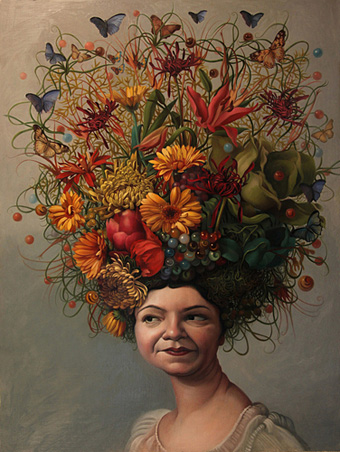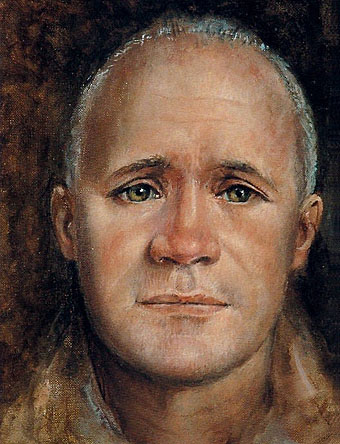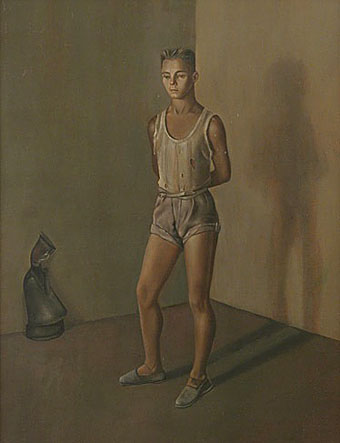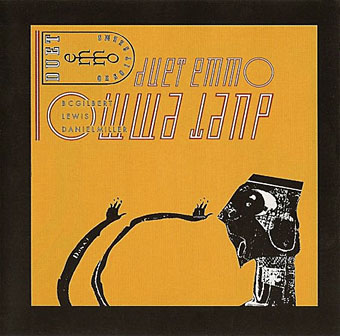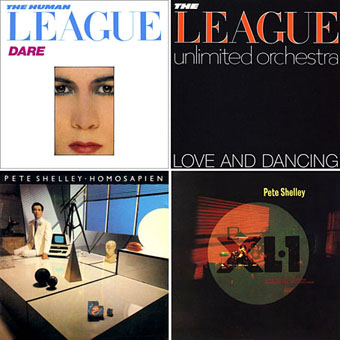
Pop music is one of the best forms of time travel when it summons a memory that returns you to a specific time and place. All I need to revisit the summers of 1981/82/83 is a blast from one of these albums, each a Martin Rushent production that benefited from his expertise with synth and drum-machine programming. Much as I enjoyed Dare, I tended to play Love and Dancing a lot more, a follow-up to the League’s finest album that was dismissed at the time as a quick cash-in but which was a perfect dub of the album proper, pieced together from extended mixes on the 12″ singles. Rushent was an early master of the extended mix, a side of his production skills I’ve not seen mentioned in the obituaries circulating this week. Reggae artists had been doing this for years but Rushent was ahead of the game in turning successful pop songs inside out, extending tracks without taxing the patience of the listener.
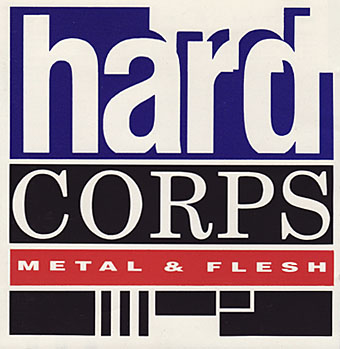
One of Rushent’s pet projects in the mid-1980s has also fallen by the wayside in the career retrospectives. Hard Corps were an outfit comprising three British guys and one French woman, Regine Fetet, who presented themselves as a kind of UK answer to Computer World-era Kraftwerk, albeit with more eros than Kraftwerk generally manage. Their sound was a combination of hard electronics and pop tunes which I found irresistible but the rest of the world stubbornly resisted, being too hard for the pop crowd and too poppy for the second generation Industrial crowd. (Propaganda were doing something similar during this period, and also managing to alienate too many people to be anything more than a cult success.) Martin Rushent produced two of Hard Core’s singles including the closest they got to a hit, Je Suis Passée (1985). There’s a site devoted to the group here.
• Telegraph obit by Paul Gorman
• Altered Images: I Could Be Happy (extended mix) (1981)
• Pete Shelley: Homosapien (elongated mix) (1981)
• Pete Shelley: Witness The Change (dub mix) (1981)
• The Human League: Don’t You Want Me? (1981)
• The League Unlimited Orchestra: Hard Times (1982)
• Pete Shelley: What Was Heaven? (1983)
Previously on { feuilleton }
• A Secret Wish by Propaganda
• A Clockwork Orange: The Complete Original Score

